You are here
New Releases
UNFPA Somalia Weekly Situation Report #006 – 17th April to 24th April, 2017
Gender-based violence (GBV) remains rampant in Somalia, mostly affecting women and girls and increasing their vulnerability. In the past three months, reported cases have been on the rise particularly rape, sexual assault and physical violence mainly due to the high influx of displaced people.
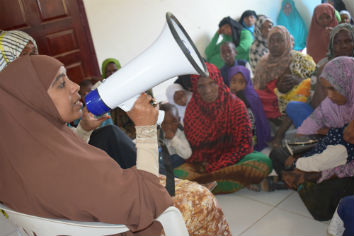
UNFPA Somalia Weekly Situation Report #005 – 10th April to 17th April, 2017
The drought situation continues to worsen and famine still remains a possibility. An estimated 6.2 million people, over half of the population, remain in need of food assistance, out of which 2.9 million are in need of urgent support (IPC Phase 3 ‘Crisis’ and 4, ‘Emergency’), while 5.5 million are in need of health services and 4.5 million people are lacking Water, Sanitation and Hygiene (WASH) services. The spread of measles continues to be of serious concern, with 4,499 suspected cases reported since the beginning of the year, out of which 52 percent were reported in children between 1 and 4 years of age.
UNFPA Somalia Weekly Situation Report #004– 3rd April to 10th April, 2017
The devastating drought continues to threaten the lives of 607,000 pregnant women around the country. More than 130,000 of them may require critical and urgent assistance. Somalia already has one of the highest maternal mortality ratios in the world; one out of every 22 women is likely to die due to pregnancy or childbirth-related causes during her life course.

UNFPA Somalia Monthly Situation Report #003 – 20th March to 3rd April, 2017
The humanitarian situation in Somalia continues to deteriorate rapidly and famine is very likely in 2017. The number of people in need of assistance has increased from 5 million in September 2015 to 6.2 million in February 2017 and 444,000 people have been displaced since November 2016.
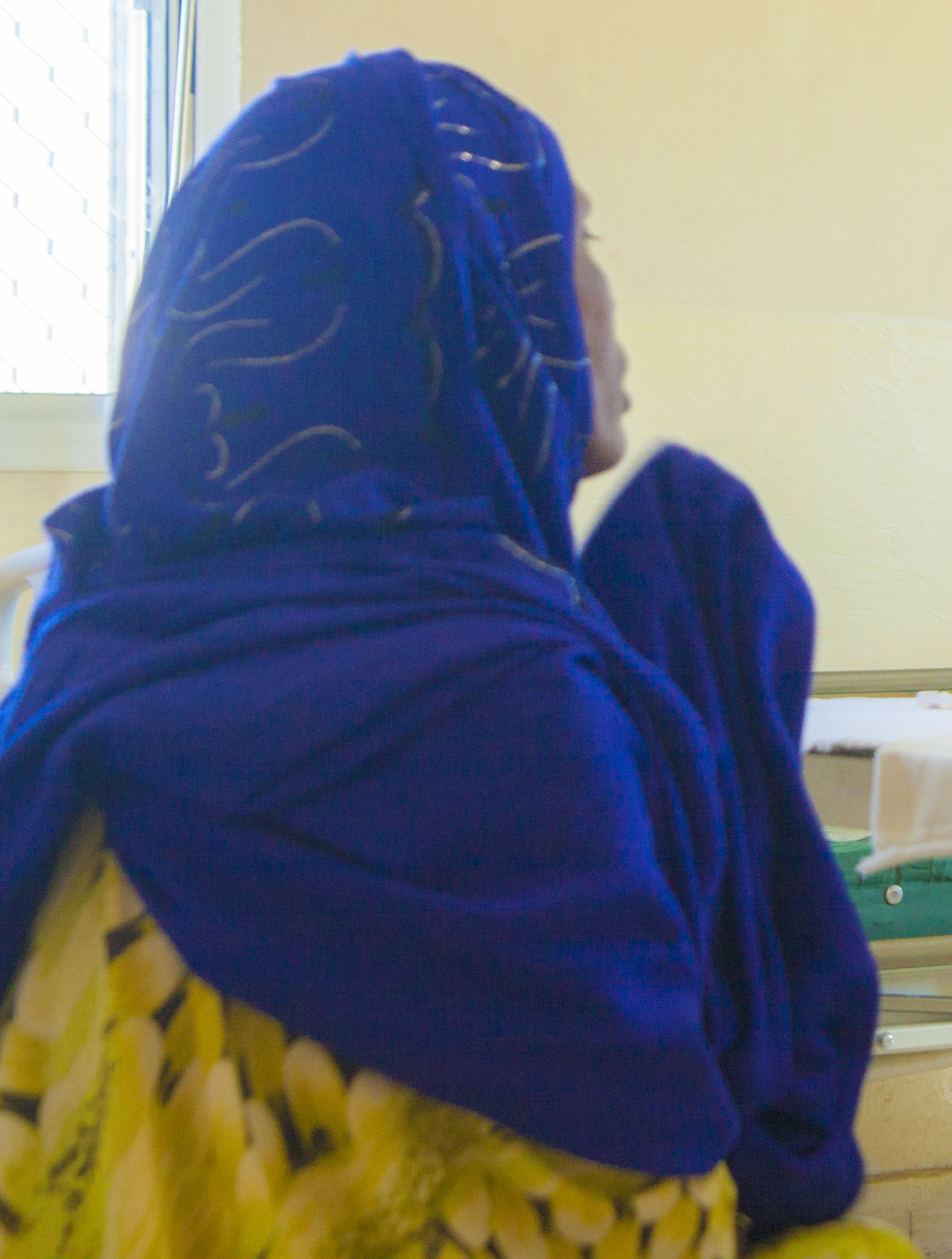
UNFPA Somalia Monthly Situation Report #02 – February to March 2017
The humanitarian situation in Somalia is rapidly deteriorating and famine is a very likely possibility in 2017. The number of people in need of assistance has increased from five million in September 2015 to 6.2 million in February 2017.
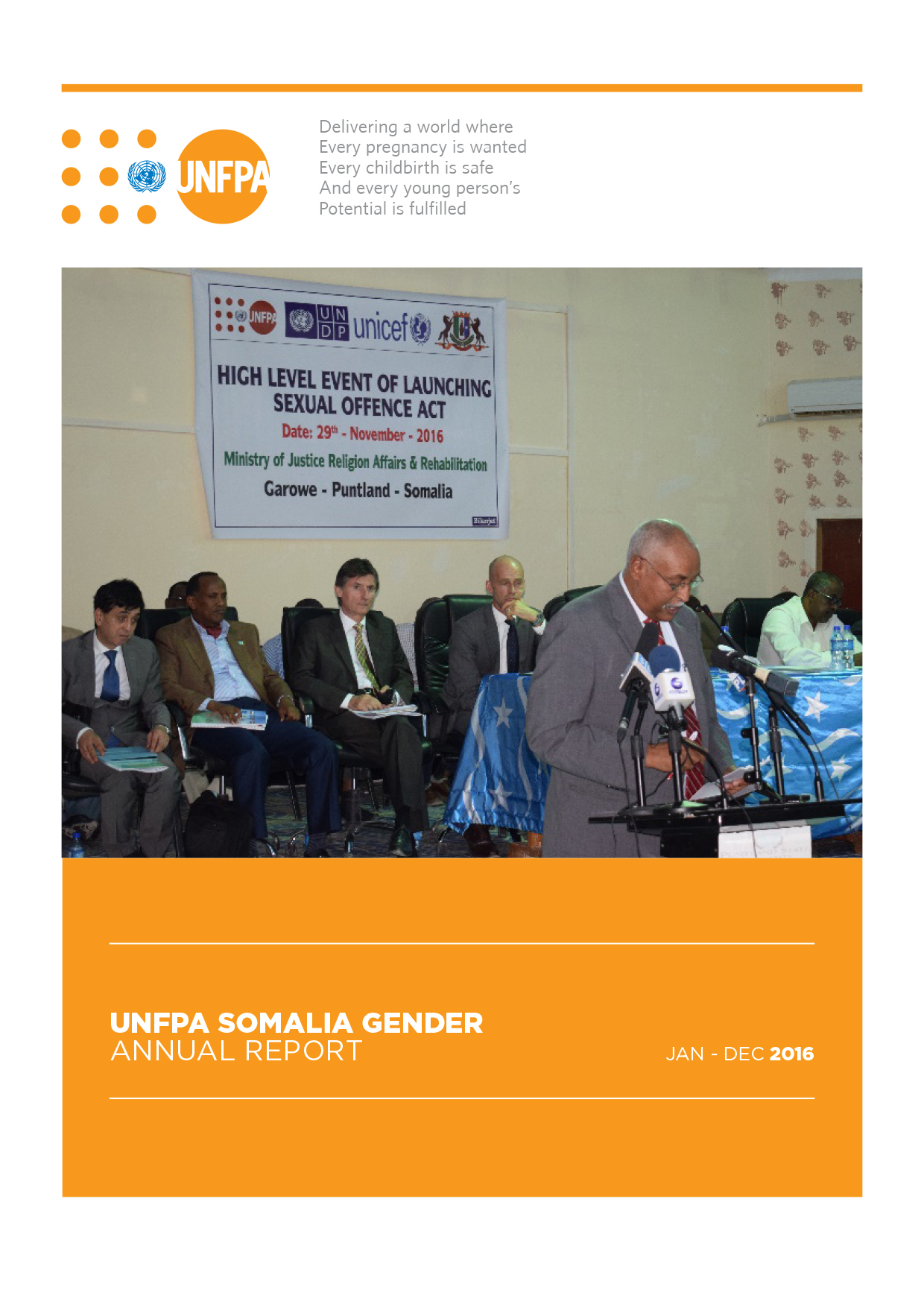
2016 Annual Report - Gender Based Violence in Somalia
Somalia remains a challenging environment for the protection and support for survivors of gender-based violence (GBV) and other vulnerable women, girls, boys and men affected by conflict and natural disasters. Particularly promoting the realization of the rights of women, girls and children in Somalia remains much more challenging. This annual report provides information on the interventions we carried out to protect and support GBV survivors in Somalia.
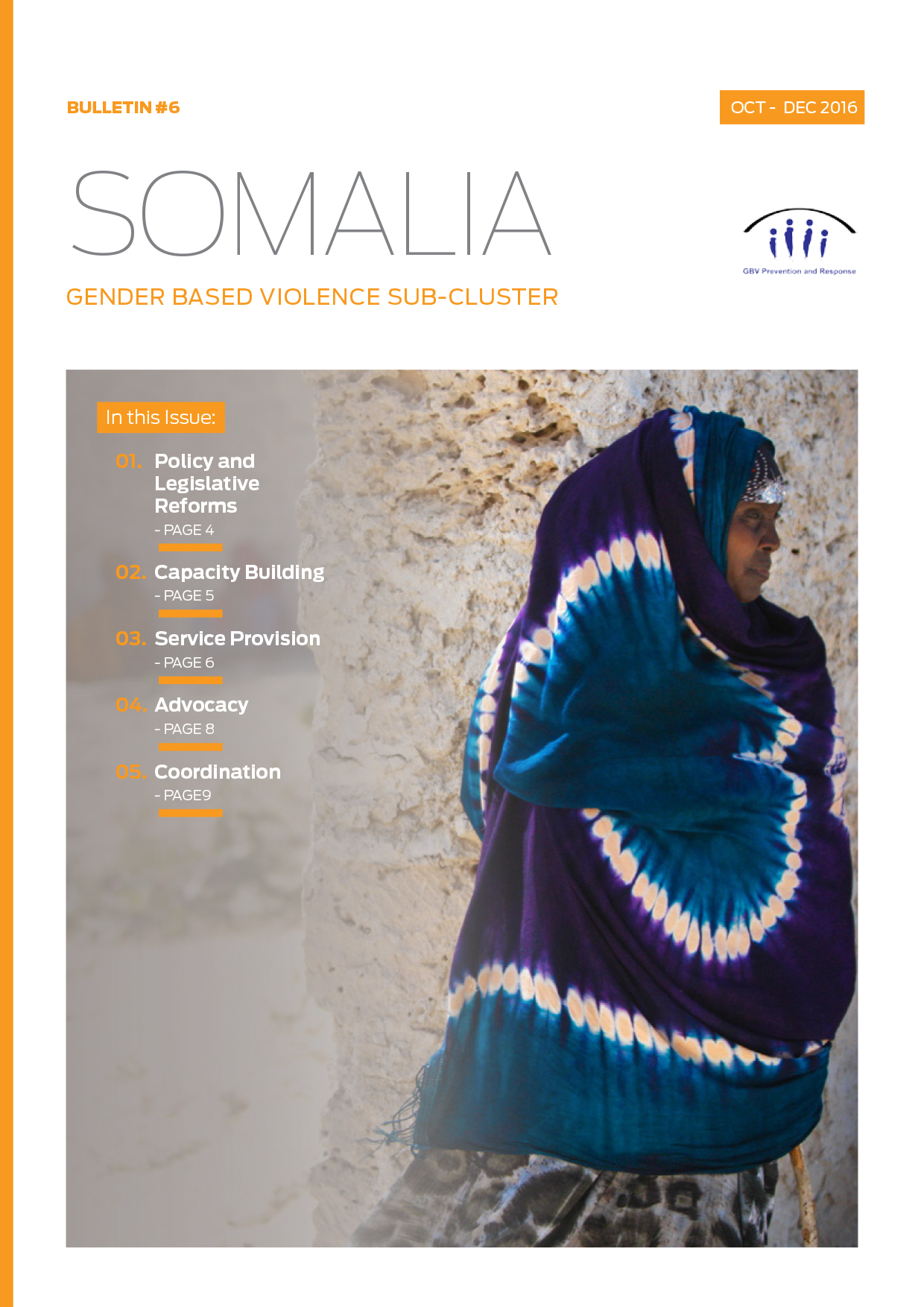
Somalia Gender Based Violence Sub-Cluster Bulletin - October to December, 2016
This bulletin covers a summary of the GBV interventions we carried out from October to December, 2016.

UNFPA Somalia Newsletter - January 2017
UNFPA Somalia Newsletter for January 2017 covers different stories on the interventions we are carrying out in Somalia.
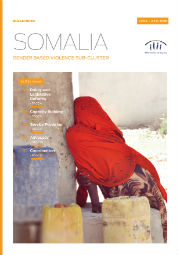
Somalia Gender Based Violence Sub-Cluster Bulletin
Since 2014, there have been increased Gender Based Violence (GBV) needs, emerging from the military offensives, forced evictions, drought, clan conflict, the Yemen crisis and the El Niño phenomenon which led to displacements in Somalia. This has kept GBV at a consistent key protection concern around the country. GBV predominantly affects the Internally Displaced Persons (IDPs) women and girls.
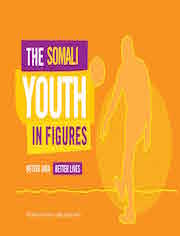
Somali youth in figures - better data, better lives
Today is International Youth Day. This year’s theme is “The Road to 2030: Eradicating Poverty and Achieving Sustainable Production and Consumption”. An infograph of Somali youth in figures has been developed in line with the commemoration. Numbers of youth, their distribution, their living conditions and other key data – is critical for development. Without accurate data, policymakers do not know where to invest.